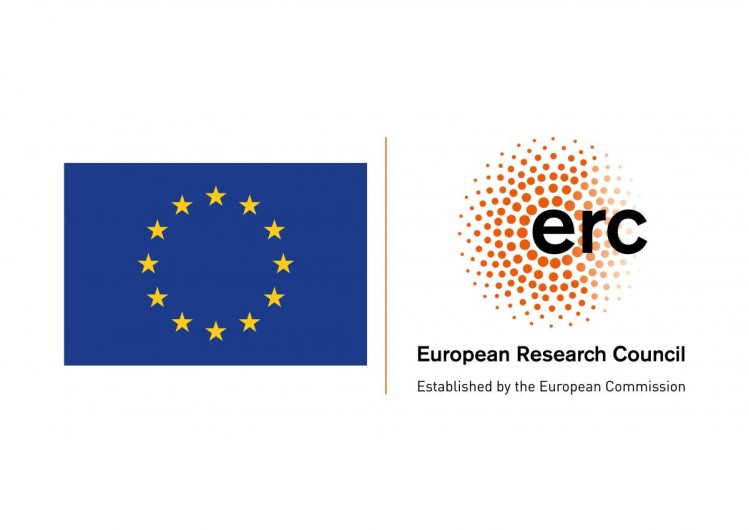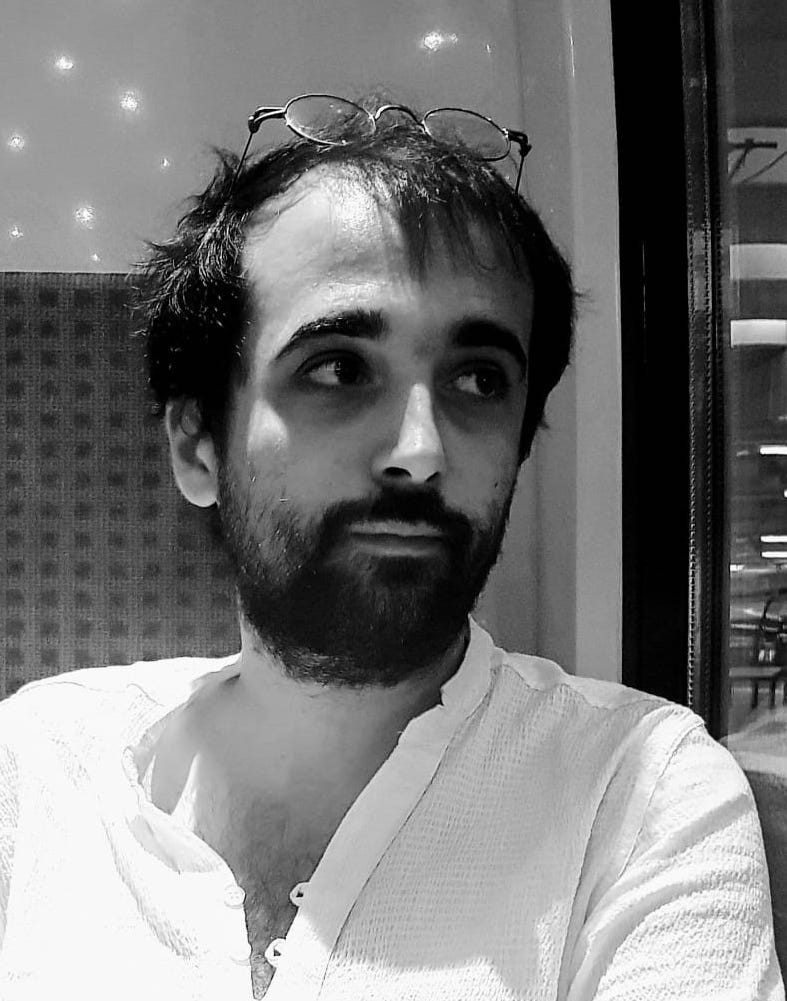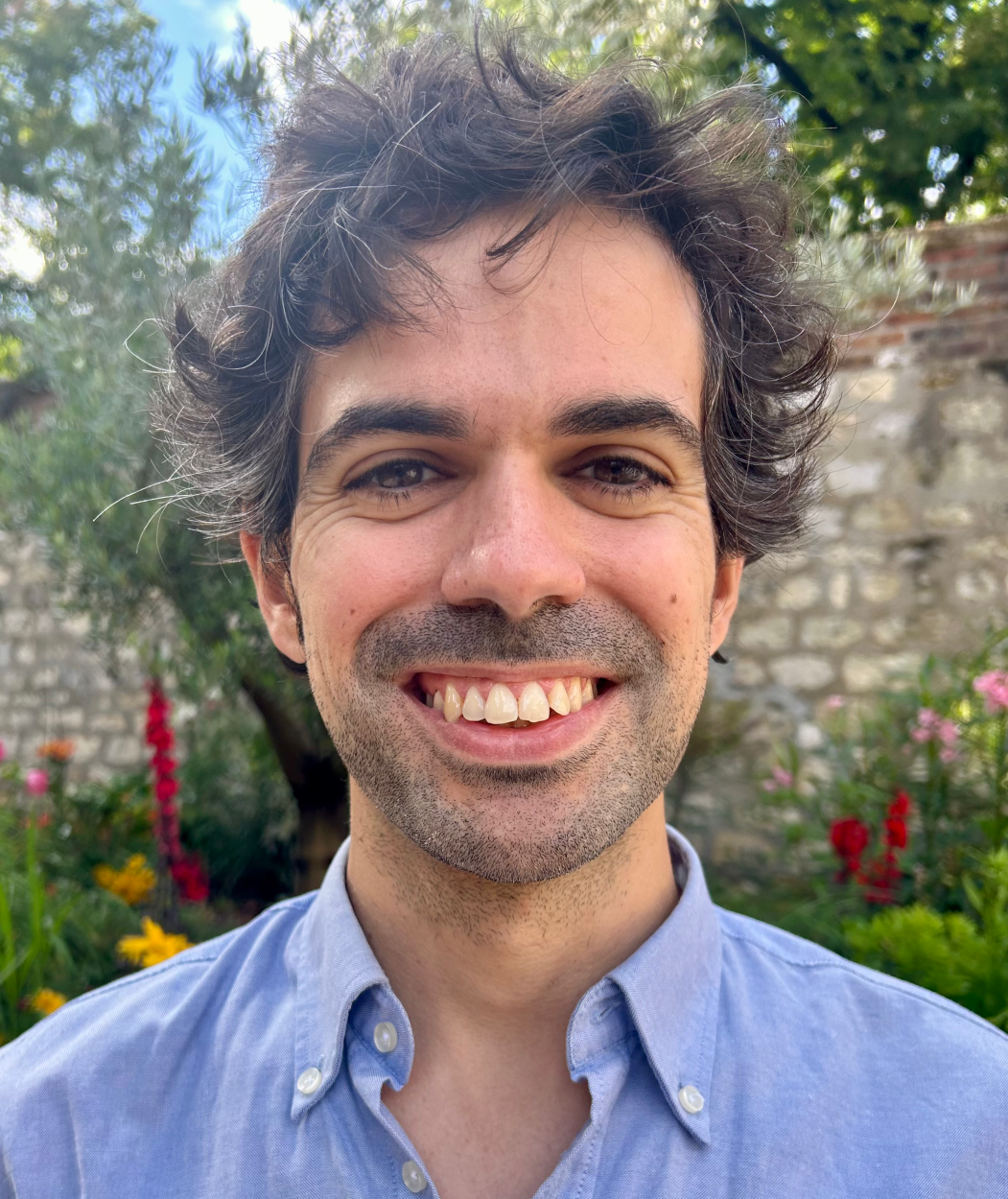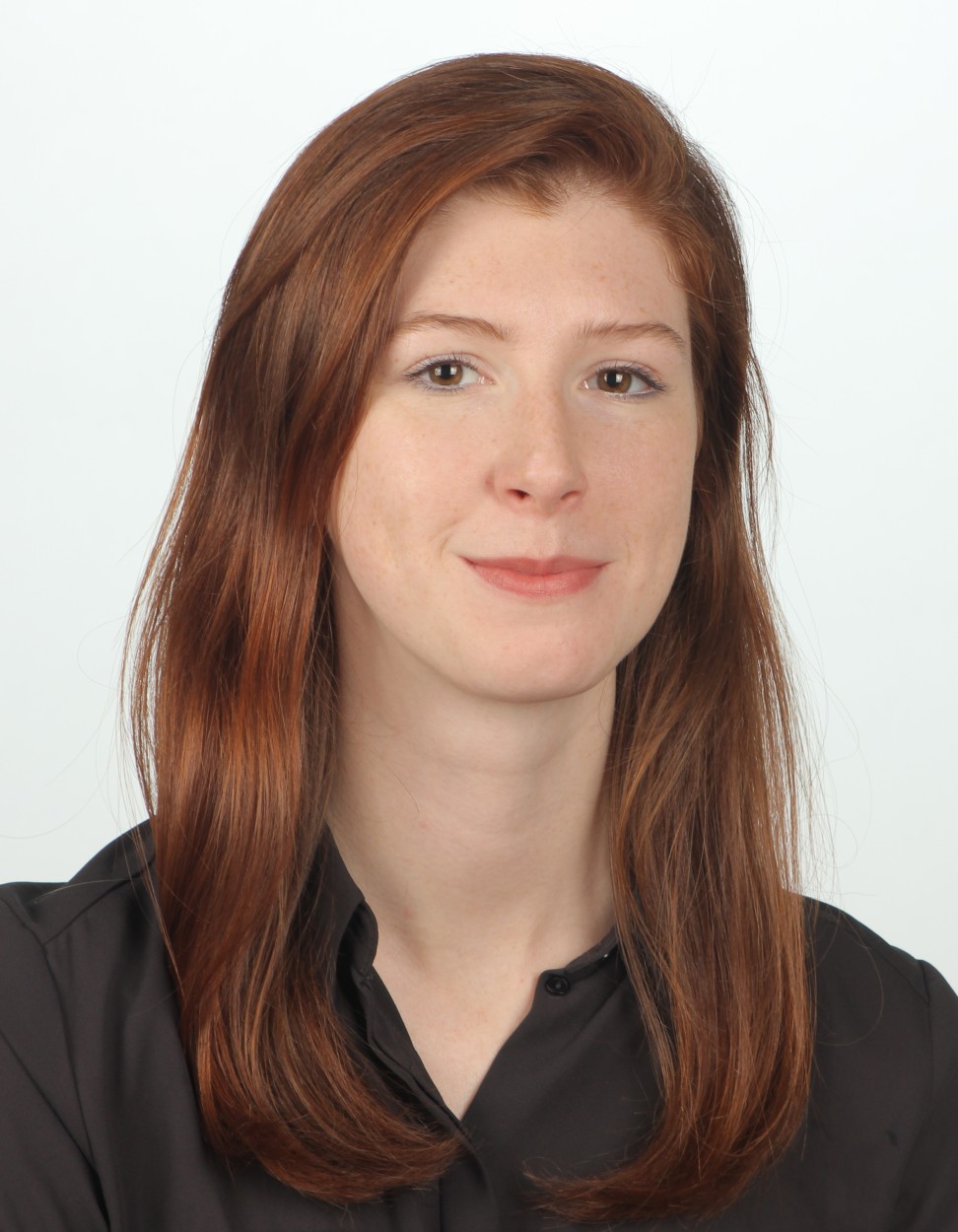Four new ERC Starting Grants awarded in l'X laboratories

Vignesh Kannan - MultiPhaseXtrM : Shape memory alloys in extreme dynamic environments
When subjected to mechanical forces, temperature variations or even magnetic fields, some classes of materials undergo large shape changes. One class of such materials are shape memory alloys. At the atomic level, modifications in the structure of the material (called phase transformations) enable this phenomenon.
With this project, Vignesh Kannan, a researcher at the Solid Mechanics Laboratory (LMS*), will explore the behavior of these materials under extreme dynamic conditions, when significant mechanical forces are applied very quickly, within a few hundred nanoseconds up to microseconds. A state-of-the-art facility will be developed to conduct these experiments, observe the behavior of shape memory alloys, and ultimately understand the phase transformations that take place. This could lead to improved performance and new applications in pulsed power technology, material synthesis, and impact and shock damping for aerospace structures.
*LMS: a joint research unit CNRS, École Polytechnique - Institut Polytechnique de Paris

Thomas Debris-Alazard - IQ-SCALe: Ironclad quantum security

The possible advent of quantum computers in the future poses a threat to current cryptography systems, which protect banking transactions, among other things. These systems are based on mathematical problems that are extremely difficult for conventional computers to solve (such as factoring a number into prime numbers), but which would be easier for quantum computers (using Shor's algorithm, in particular). New, more resistant cryptographic protocols, known as “post-quantum” protocols, are currently being standardized.
The goal of Thomas Debris-Alazard, an Inria researcher at the École Polytechnique Computer Science Laboratory (LIX*), is to test the resistance of these new protocols to attacks that could be used against them. To date, few purely quantum attacks have been designed to test these systems based on mathematical problems related to Euclidean networks or error-correcting codes. This project will aim to develop fundamental knowledge about these protocols, find new cryptographic problems, and establish proofs of security.
*LIX: a joint research unit CNRS, École Polytechnique - Institut Polytechnique de Paris
Alejandro Alvarez-Laguna - HiMomPlas : Améliorer les modèles numériques pour la propulsion plasma
Electric propulsion is already used in many satellites to control their trajectory. Electrical energy is used to accelerate gas particles ( a plasma), which generates thrust in response. Alejandro Alvarez Laguna, a CNRS researcher at the Plasma Physics Laboratory (LPP*), aims to contribute to the improvement of these propulsion systems.
Their current limitations stem in particular from the lack of numerical models capable of taking into account the full complexity of plasma physics, such as wave turbulence at different scales or the interaction of plasma with the satellite walls. The HiMomPlas project is based on new methods of mathematics and statistical physics that allow the use of fluid mechanics equations far from thermodynamic equilibrium. These techniques will also enable alternatives to the chemical elements used for plasma, which is currently produced mainly with xenon, which is very expensive.
*LPP: a joint research unit CNRS, École Polytechnique - Institut Polytechnique de Paris, Observatoire de Paris, Sorbonne Université, Université Paris-Saclay

Anna Korba - OptInfinite: Improve statistical sampling methods

When it comes to making decisions in uncertain contexts, simulating realistic data or environments, or improving machine learning techniques, statistics are essential. A key task is to sample a probability distribution, i.e., the mathematical function that describes the probabilities of a quantity. In most cases, only partial information about this function is available. For example, for image-generative artificial intelligence models, the goal is to obtain this probability distribution from a few training images in order to be able to generate new ones.
The importance of this sampling has led to the development of numerous methods in recent years, with no clear winner emerging as the best. The goal of the OptInfinite project led by Anna Korba, ENSAE assistant professor at the Center for Research in Economics and Statistics (CREST*), is to build a single framework for designing and evaluating effective methods in cases where distributions are multidimensional and multimodal. The work will draw in particular on her team's expertise in optimal transport theory.
*CREST: a joint research unit CNRS, École Polytechnique - Institut Polytechnique de Paris, ENSAE Paris - Institut Polytechnique de Paris, GENES
 Support l'X
Support l'X